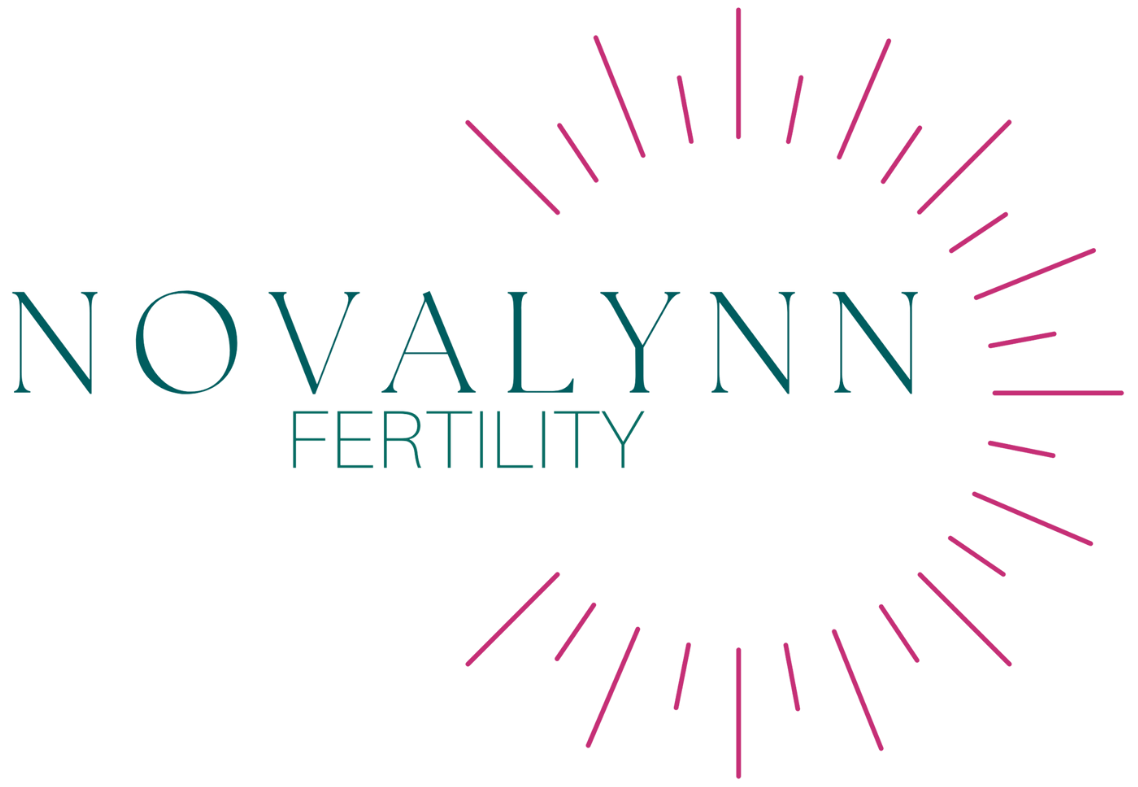What Is The Best Age To Test Your Fertility? Understanding Key Hormones
Fertility is a complex aspect of women's health and can be influenced by numerous factors, but especially age. Knowing the optimal time to begin fertility testing and understanding the importance of specific hormone tests can guide women in making informed reproductive choices.
The Best Age to Start Testing Your Fertility
Early 30s: A Strategic Starting Point
Many fertility experts recommend that women consider fertility testing in their early 30s. This age is suggested as a proactive measure, particularly for those planning to conceive in the future or those who may have concerns about their reproductive health.
Dr. John Zhang, founder and medical director of New Hope Fertility Center in New York, advocates for early testing to establish a baseline understanding of a woman's reproductive health. He notes that while fertility typically starts to decline around age 35, beginning tests in the early 30s allows for better planning and intervention if needed.
Dr. Aimee Eyvazzadeh, also known as the "Egg Whisperer," recommends that women start testing their fertility at an even earlier age than traditionally suggested. She advocates for fertility awareness and testing as early as in one's twenties, particularly for those who are curious about their reproductive health or have family histories of fertility issues. Dr. Aimee emphasizes the importance of understanding your fertility potential early on to make informed decisions about family planning and to take proactive steps if necessary.
Importance of Testing Key Hormones
Testing specific hormones provides a comprehensive view of a woman's fertility health. Here's why each hormone we test for with our Comprehensive Fertility Test Kit is important:
Anti-Müllerian Hormone (AMH)
Why Test It?: AMH levels are an indication of a woman’s ovarian reserve, or the number of eggs a woman has left. Lower levels may suggest a reduced egg supply.
Expert Insight: Dr. Jamie Grifo, Program Director at NYU Langone Fertility Center, emphasizes that AMH is a critical marker for assessing fertility potential and guiding treatment plans.
Follicle-Stimulating Hormone (FSH)
Why Test It?: FSH stimulates the growth of ovarian follicles. Elevated levels can indicate diminished ovarian reserve. Your FSH level can help evaluate menopause, PCOS, abnormal bleeding, and infertility.
Expert Insight: Dr. Richard Scott, Founding Partner of Reproductive Medicine Associates (RMA), explains that high FSH levels, especially when coupled with low AMH, can signal reduced fertility.
Thyroid-Stimulating Hormone (TSH)
Why Test It?: Thyroid function impacts menstrual cycles and ovulation. Abnormal TSH levels can be a symptom of fertility issues.
Expert Insight: Dr. Angela Leung from UCLA Health highlights that thyroid disorders can significantly affect fertility and recommends routine TSH screening for women planning pregnancy.
Estradiol
Why Test It?: Estradiol, a form of estrogen, is crucial for regulating the menstrual cycle and preparing the uterine lining for pregnancy. High levels of estradiol can indicate a possible problem with your ovarian reserve. It can also mean the estradiol is suppressing FSH. Either of these things could mean that you will have more trouble getting pregnant or have trouble ovulating.
Expert Insight: Dr. David Barad, Director of Clinical ART at the Center for Human Reproduction, stresses that abnormal estradiol levels can impact egg quality and implantation.
Luteinizing Hormone (LH)
Why Test It?: LH triggers ovulation. Abnormal levels can indicate issues like PCOS or pituitary disorders.
Expert Insight: Dr. Serena H. Chen, Director of Reproductive Medicine at Saint Barnabas, notes that LH levels help diagnose ovulation problems and guide fertility treatments.
Serum Progesterone
Why Test It?: Progesterone supports the uterine lining for implantation and pregnancy. Testing confirms ovulation and luteal phase adequacy.
Expert Insight: Dr. Norbert Gleicher, Medical Director of the Center for Human Reproduction, emphasizes the importance of progesterone in maintaining early pregnancy.
Dehydroepiandrosterone Sulfate (DHEA-S)
Why Test It?: DHEA-S levels can affect ovarian function and egg quality. Abnormal levels may be linked to adrenal gland disorders.
Expert Insight: Dr. Geoffrey Sher, Founder of Sher Fertility Solutions, recommends DHEA-S testing for women with unexplained infertility.
Vitamin D
Why Test It?: Vitamin D deficiency can affect reproductive health and pregnancy outcomes. It can also affect AMH assays, which is why Novalynn also offers the only at-home AMH and Vitamin D test kit on the market.
Expert Insight: Dr. JoAnn Manson from Brigham and Women’s Hospital underscores the role of vitamin D in supporting overall fertility and advises supplementation if levels are low.
Conclusion
Starting fertility testing in your early 30s allows for timely interventions if necessary and informed reproductive planning. Understanding the significance of key hormone tests—AMH, FSH, TSH, Estradiol, LH, Serum Progesterone, DHEA-S, and Vitamin D—provides a comprehensive picture of your fertility health.
ReferencesNew Hope Fertility Center: Dr. John ZhangNYU Langone Fertility Center: Dr. Jamie GrifoReproductive Medicine Associates: Dr. Richard ScottUCLA Health: Dr. Angela LeungCenter for Human Reproduction: Dr. David BaradSaint Barnabas: Dr. Serena H. ChenCenter for Human Reproduction: Dr. Norbert GleicherSher Fertility Solutions: Dr. Geoffrey SherBrigham and Women’s Hospital: Dr. JoAnn MansonDr. Aimee Eyvazzadeh
